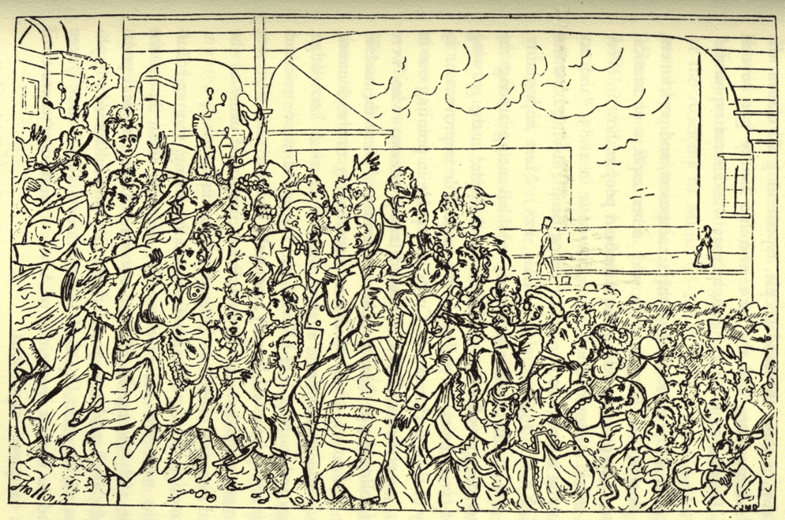
A Sociology of Segregated Inclusion
Shamus Khan, Columbia University
November 11, 2019 · 4:30 pm—6:00 pm · 219 Aaron Burr
Program in American Studies

Scholars and social commentators alike often imagine inclusion as a pathway to equality. The logic is rather straightforward: if two groups are distinct from one another, and resources are unequally distributed between them, then the group with more resources can concentrate its advantage. Yet when these groups begin to mingle, the boundaries between them become fuzzier, and the capacity to sustain unequal resource distributions is diminished. This talk draws upon a range of work to show instances where inclusion maintains or sustains the logic of segregation. The social world is full of such instances of inclusion absent integration: from elite schools, to workplaces, to modes of travel, to cultural institutions; this talk draws upon my work to highlight three such instances. I argue that inclusion may challenge the separation of groups, but it does not necessarily challenge the boundaries between the groups. I outline a model for understanding the conditions under which inclusion blurs versus brightens group boundaries and argue that these processes are essential for understanding contemporary inequalities.















